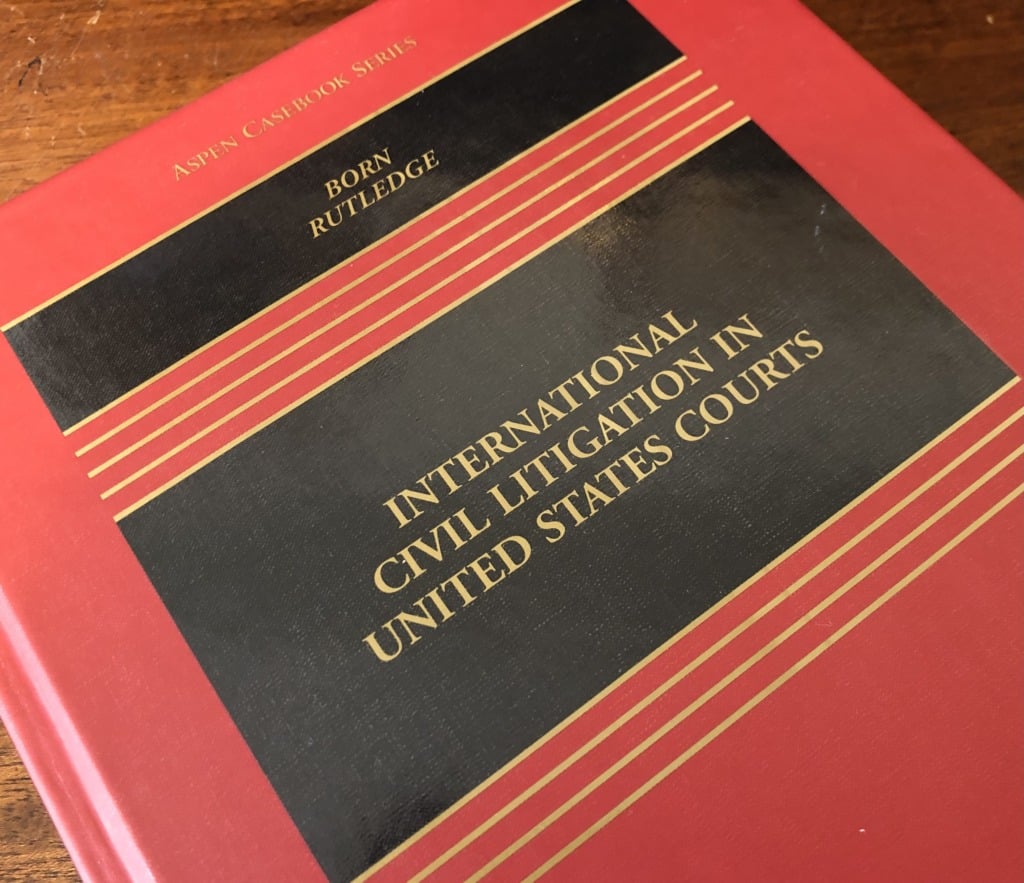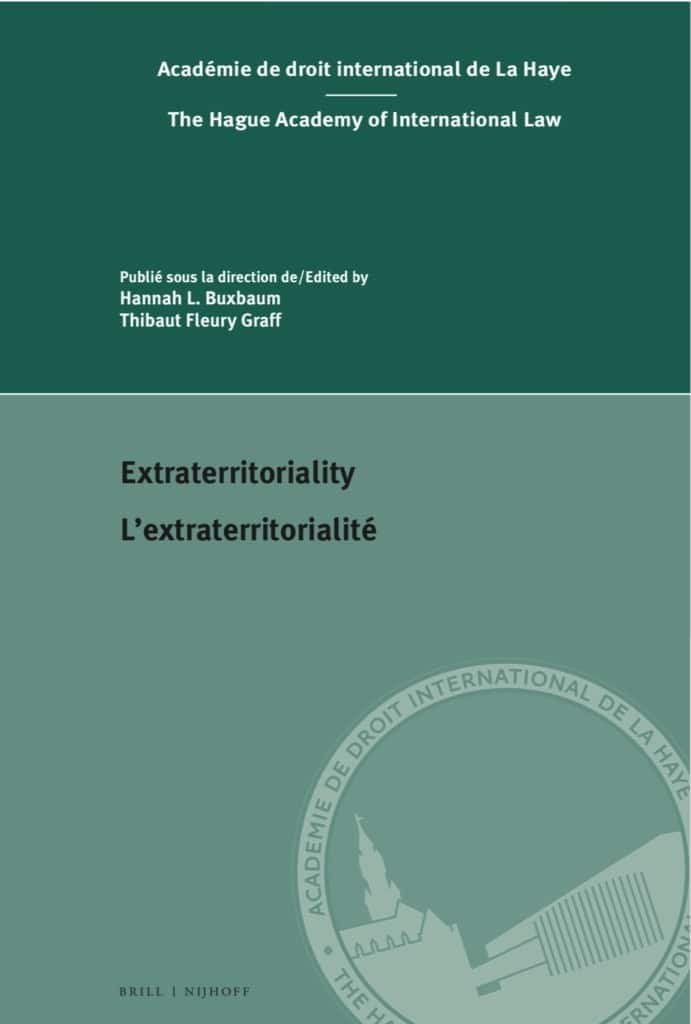Reflections on the New Edition of International Civil Litigation in United States Courts
Over twenty years ago, a horrible accident occurred at the ski resort of Kaprun, Austria. At that time, I was a young attorney working at a European law firm. The firm’s partners read about new lawsuits, filed in the United States, that threatened to bring all the procedural tools of the United States judicial system…
Continue ReadingDistrict Court Interprets Geographic Scope of the Commodity Exchange Act
In a recent decision, CFTC v. WorldWideMarkets Ltd., the federal district court for the District of New Jersey (Judge Kevin McNulty) interpreted the geographic scope of the Commodity Exchange Act (CEA), holding that two of its provisions apply only when irrevocable liability for a transaction is incurred within the United States. The decision aligns the…
Continue ReadingContractual Waivers of Foreign Sovereign Immunity
The Foreign Sovereign Immunities Act (FSIA) provides that foreign states are immune from suit in the United States unless an exception applies. An important and long-standing exception to immunity is consent (the more common term in international practice) or waiver (the term used in the United States). The FSIA provides that a foreign state shall…
Continue ReadingSurveying Extraterritoriality
TLB advisor Hannah Buxbaum has posted to SSRN a piece entitled “The Practice(s) of Extraterritoriality.” It is an introductory chapter from the book Extraterritoriality/L’extraterritorialité, edited by Buxbaum and Thibaut Fleury Graff, which grew out of the 2019 Centre for Studies and Research at the Hague Academy of International Law. Buxbaum’s chapter is a masterful survey of extraterritoriality…
Continue ReadingThrowback Thursday: Timberlane Lumber Co. v. Bank of America
Although the relevant text of the Sherman Act remained unchanged for most of the twentieth century, courts’ interpretations of its extraterritorial reach fluctuated dramatically. In 1909, the U.S. Supreme Court adopted a territorial approach in American Banana, described in a recent post, holding that the Sherman Act applied only to anticompetitive conduct in the United…
Continue ReadingPersonal Jurisdiction Gone Wrong: Barring U.S. Consumers from Suing Foreign Carmakers for Design Defects
The U.S. Supreme Court has twice emphasized (most recently in 2021) that the ability to sue a carmaker where the plaintiff lives and was injured is a quintessential exercise of personal jurisdiction. In Sellers v. Volkswagen AG, a Mississippi resident injured in Mississippi sued Volkswagen in Mississippi. The U.S. District Court for the Southern District…
Continue ReadingServing Chinese Defendants—Another Problematic Decision
An order last week in Teetex, LLC v. Zeetex, LLC illustrates some common and problematic approaches to serving process on defendants in China. When service under the Hague Service Convention had not been accomplished within six months, the district court authorized service by email on the defendant’s general manager in China and the general manager’s…
Continue ReadingPerspectives on the 2019 Hague Judgments Convention from the United States and Canada
On August 29, 2022, the European Union and Ukraine became Contracting Parties to the 2019 HCCH Convention on the Recognition and Enforcement of Foreign Judgments in Civil or Commercial Matters, commonly known as the Hague Judgments Convention, thus triggering its entry into force on September 1, 2023. Our article recently posted to SSRN, The 2019…
Continue ReadingHow California Broke the Hague Service Convention
The Hague Convention on the Service Abroad of Judicial and Extrajudicial Documents in Civil or Commercial Matters sets forth the rules for serving process on a defendant in another country that is party to the Convention. Under the terms of the Convention, service by mail is not permitted if the nation where the foreign defendant…
Continue ReadingMore Evidence that Helms-Burton is Backfiring
In 1996, Congress passed the Helms-Burton Act to strengthen sanctions against Cuba and to deter foreign companies from investing there. To discourage foreign investment, Title III created a civil remedy allowing U.S. nationals to sue any person who “traffics” in property confiscated by the Cuban government for damages in an amount three times the value…
Continue Reading





